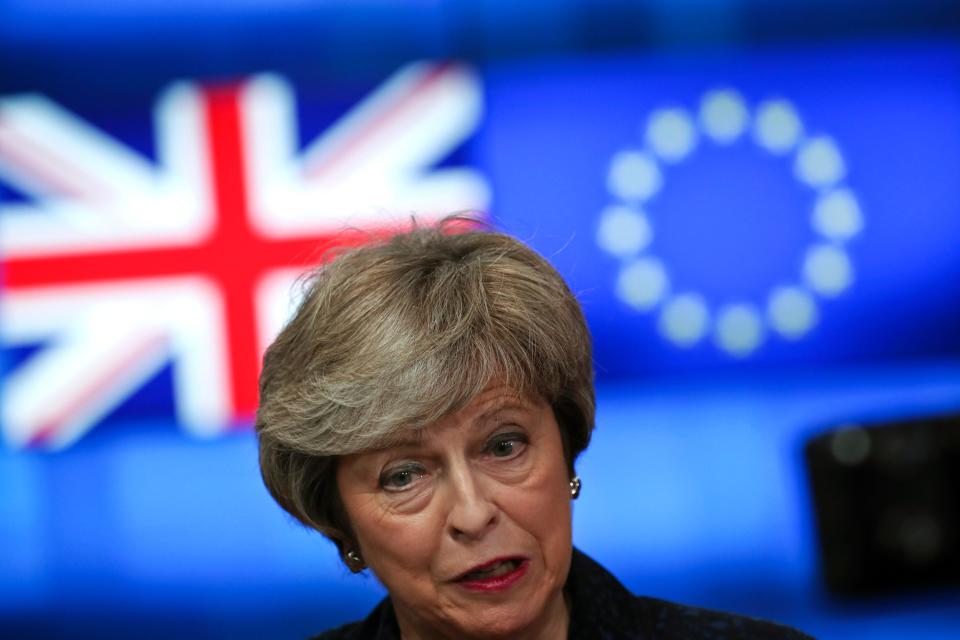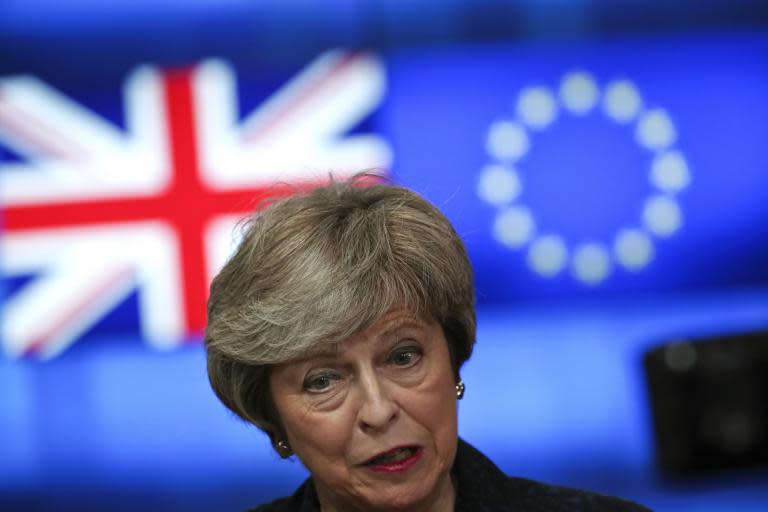At long last, the cabinet is rebelling against Theresa May to block a no-deal Brexit
It seems the defections to the Independent Group of MPs have jolted both main parties to their senses. The Conservative cabinet has finally moved against the prime minister to insist that she rule out leaving the European Union without an agreement. And the Labour opposition, as we noted yesterday, is moving towards a Final Say referendum on any Brexit deal.
This morning’s article by three cabinet ministers, Amber Rudd, Greg Clark and David Gauke, is a welcome sign of the limits to the patience of senior members of the government with Theresa May’s dangerous driving near a cliff edge.
The three ministers say: “If there is no breakthrough in the coming week, the balance of opinion in parliament is clear – that it would be better to seek to extend Article 50 and delay our date of departure rather than crash out of the EU on 29 March.”
This is as close to open revolt as the conventions of cabinet government allow. They do not have to say it, but the threat is clear: that they will resign if necessary to vote on Wednesday for the plan laid out by Yvette Cooper, the Labour chair of the home affairs select committee.
This would take control of the legislative timetable from the government and pave the way to pass a law to require Ms May to ask the EU for more time if she cannot win approval for a deal by 13 March.
That would, at long last, reduce the options facing parliament to two. By “taking no deal off the table” it would force MPs to vote for the prime minister’s deal, with whatever bits of legal ribbon the attorney general, Geoffrey Cox, has managed to attach to it by then, or to do the sensible thing and pause the process.
And if parliament does decide that the Brexit process needs more time, then the logical consequence of that is that the British people should be consulted. That is the significance of the proposal put forward by Phil Wilson and Peter Kyle, the Labour MPs, in which John McDonnell, the shadow chancellor, is said to be interested. The Wilson-Kyle plan is that parliament should approve the prime minister’s (revised) deal, subject to a confirmatory referendum.
That would mean a Final Say referendum, for which The Independent has campaigned and for which we encourage readers to march on 23 March. It would be different from the 2016 referendum in that it would offer two defined options: the prime minister’s deal or remaining in the EU on existing terms.
Some Brexiteers would complain about the absence of a no-deal option on the ballot paper, but they have to accept that, after nearly three years, there is a majority neither in parliament nor among the people for that option. It would be the most damaging choice of all, and the country is not remotely prepared for it.
Ms Rudd and her cabinet colleagues are quite right finally to rule it out.

 Yahoo News
Yahoo News 

